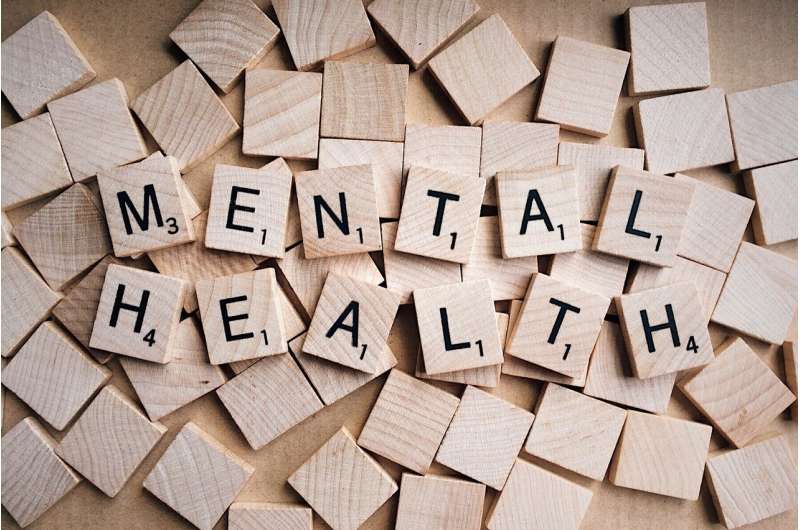UK Study Reveals Strengths of LGBT Adolescents During Pride Month

A UK study highlights the resilience and strengths of LGBT adolescents, emphasizing their social connections and positive attributes amidst Pride Month celebrations.
A recent population-based study in the UK sheds light on the often-overlooked strengths and positive attributes of LGBT (Lesbian, Gay, Bisexual, Transgender) adolescents. While prior research primarily focused on disparities and challenges faced by sexual and gender minorities, this new research highlights their resilience and social strengths. Led by researchers from City St George's, University of London, and The Open University, the study utilized data from over 7,000 17-year-olds from the UK Millennium Cohort Study, applying the 5Cs model of positive youth development—competence, confidence, connection, character, and caring—to evaluate their experiences across different gender and sexuality groups.
The participant breakdown included 41% cisgender heterosexual males, 33% cisgender heterosexual females, 17% cisgender sexual minority females (such as LGB youth), 8% cisgender sexual minority males, and 1% gender-minoritized adolescents. Findings revealed that LGBT adolescents reported notable strengths, especially in social connections and caring qualities. Sexual minority youth, for example, were more likely than their heterosexual male peers to report academic competence, while gender-minoritized youth often described themselves as creative and community-oriented.
Dr. Mat Lucassen from City St George's emphasized the importance of recognizing these strengths, stating that current narratives often focus on risks and deficits, which can negatively impact the self-perception of LGBT youth. He highlighted that a strengths-based approach can motivate societal change, improve environments, and foster better psychosocial outcomes for these adolescents.
As Pride Month celebrations continue across the UK, these findings serve as a reminder of the resilience and positive qualities of LGBT youth, underscoring the need to balance awareness of challenges with recognition of their strengths. The research, published in the Journal of Adolescent Health, calls for a shift in perspective that acknowledges the capabilities and assets of sexual and gender-minoritized adolescents.
Stay Updated with Mia's Feed
Get the latest health & wellness insights delivered straight to your inbox.
Related Articles
The Risks of Reducing Mental Health to Buzzwords and Trends
Online trends and buzzwords risk trivializing mental health, leading to misinformation and stereotypes. Learn how superficial campaigns may do more harm than good in raising awareness.
The Risks and Potential of Using ChatGPT as a Mental Health Support Tool
Psychology experts warn about safety and privacy concerns surrounding the use of ChatGPT for mental health, emphasizing its limitations and risks compared to professional care.
Innovative Wearable Patch Supports Early Recovery in Addiction by Reducing Cravings and Stress
A new wearable device utilizing heart rate variability biofeedback has shown potential in helping individuals in early addiction recovery manage stress and reduce cravings, lowering relapse risk.



